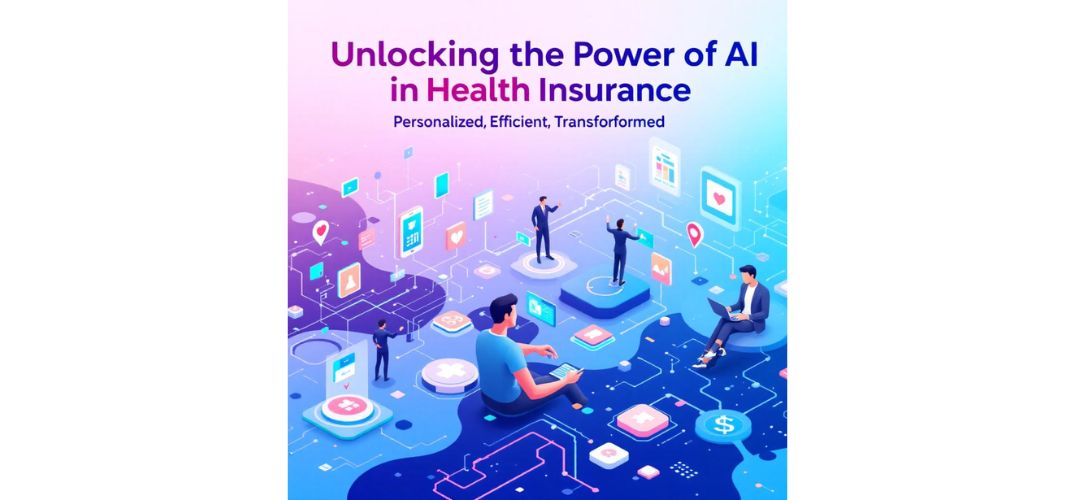In this modern era, Gowtham Chilakapati, a technology strategist and AI researcher, presents a compelling vision for transforming health insurance through artificial intelligence. With expertise in healthcare systems and automation, his latest work delves into the evolving landscape of digital enrollment and customized member experiences.
From Paperwork to Precision
For decades, health insurance enrollment has been a cumbersome, error-prone process, often taking weeks to complete. AI is now rewriting that story. Automated data extraction, real-time verification, and intelligent approval workflows have slashed processing times from weeks to just a few days. The manual burden is giving way to smart systems that handle routine applications, freeing human staff to focus on more complex scenarios.
Efficiency that Scales
AI adoption in insurance is delivering real results up to 25% cost reductions and 85% fewer errors. Advanced automation technologies are rapidly transforming document-heavy processes like enrollment and claims, enabling 5–7x faster application processing and greater scalability without added staff. These significant efficiency gains support smarter, more sustainable business growth.
The Power of Personalization
Beyond speed and cost savings, personalization is where AI is unlocking new levels of member engagement. Tailored plan recommendations, AI chat support, and dynamic user interfaces are creating experiences that feel intuitive rather than transactional. Satisfaction scores are climbing—Net Promoter Scores have jumped by as much as 35% in AI-assisted systems. But it’s not just about algorithms; hybrid approaches that combine automation with human touchpoints are proving most effective.
Navigating Ethical Currents
No innovation comes without challenges. The push toward AI in health insurance raises concerns about data privacy, algorithmic bias, and regulatory ambiguity. Studies show over 70% of individuals are wary of how their health data is processed. Many AI models reflect systemic biases, especially when trained on non-diverse datasets. The path forward demands privacy-preserving technologies like federated learning and fairness auditing to build trust and transparency.
Overcoming Technical and Social Hurdles
Legacy system integration is a major barrier to AI adoption, with 83% of delays tied to infrastructure—not the AI itself. Challenges include fragmented databases, outdated APIs, and non-standard formats. User-side digital literacy gaps further hinder adoption, as many adults struggle with digital tools. Inclusive design, offering multilingual support and accessibility, helps bridge these divides.
Strategies for Smarter Adoption
Successful AI implementations share key traits: alignment with goals, leadership backing, and a phased rollout. Starting with high-impact use cases like enrollment and claims management provides quick wins that build momentum. Cross-functional teams help translate technical possibilities into operational realities. Clear data governance frameworks established early also reduce friction during deployment.
The ROI Equation
The financial incentives for AI in insurance are clear. Positive returns on investment are typically seen within 12 to 24 months, driven by administrative savings, improved retention, and increased conversion rates. Cost-benefit analyses show that AI-enhanced enrollment processes can reduce cycle times by 40–60% and administrative errors by over 70%, all while improving customer satisfaction.
The Future is Adaptive and Interconnected
Looking ahead, AI’s role in health insurance will expand through machine learning for underwriting, natural language processing for virtual agents, and computer vision for document analysis. Cloud platforms are gaining ground, offering interoperability with electronic health records, digital health platforms, and provider systems. This convergence enables holistic member profiles, smarter risk assessments, and proactive care management.
Equity, Access, and the Road Ahead
The ultimate promise of AI in health insurance is broader access and affordability. With administrative costs poised to drop by up to 40% by 2030, insurers can reinvest in coverage expansion and service quality. But realizing this potential equitably means embedding fairness and accessibility into every step of the AI journey. Transparent data practices, thoughtful personalization, and inclusive design are not optional; they are essential.
In conclusion, as AI continues to mature, its ability to streamline operations and deliver personalized experiences is becoming indispensable in the health insurance sector. Gowtham Chilakapati’s work offers not just a roadmap, but a call to action for organizations to implement these technologies responsibly. With careful attention to both opportunity and ethics, the transformation he envisions could redefine how people connect with healthcare for years to come.



































